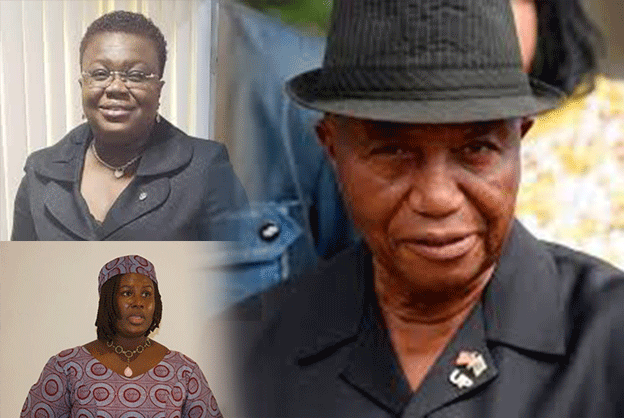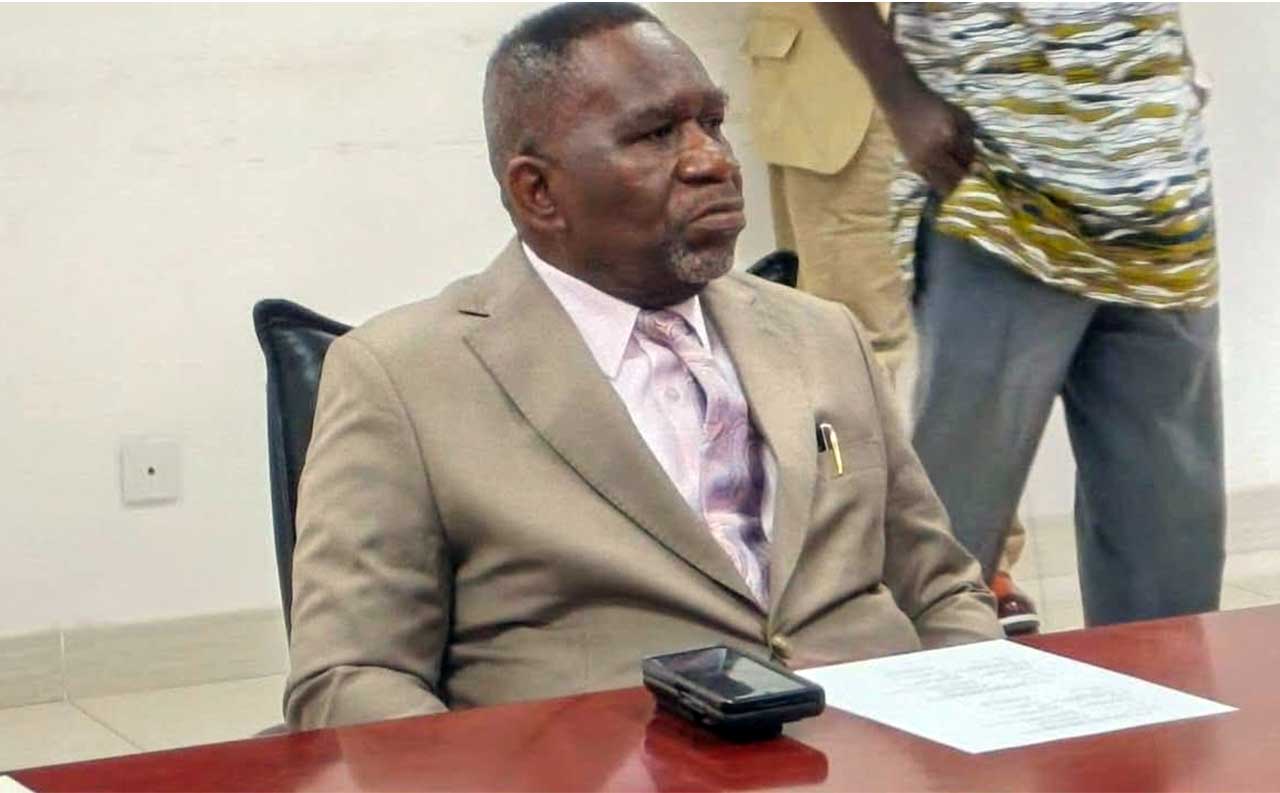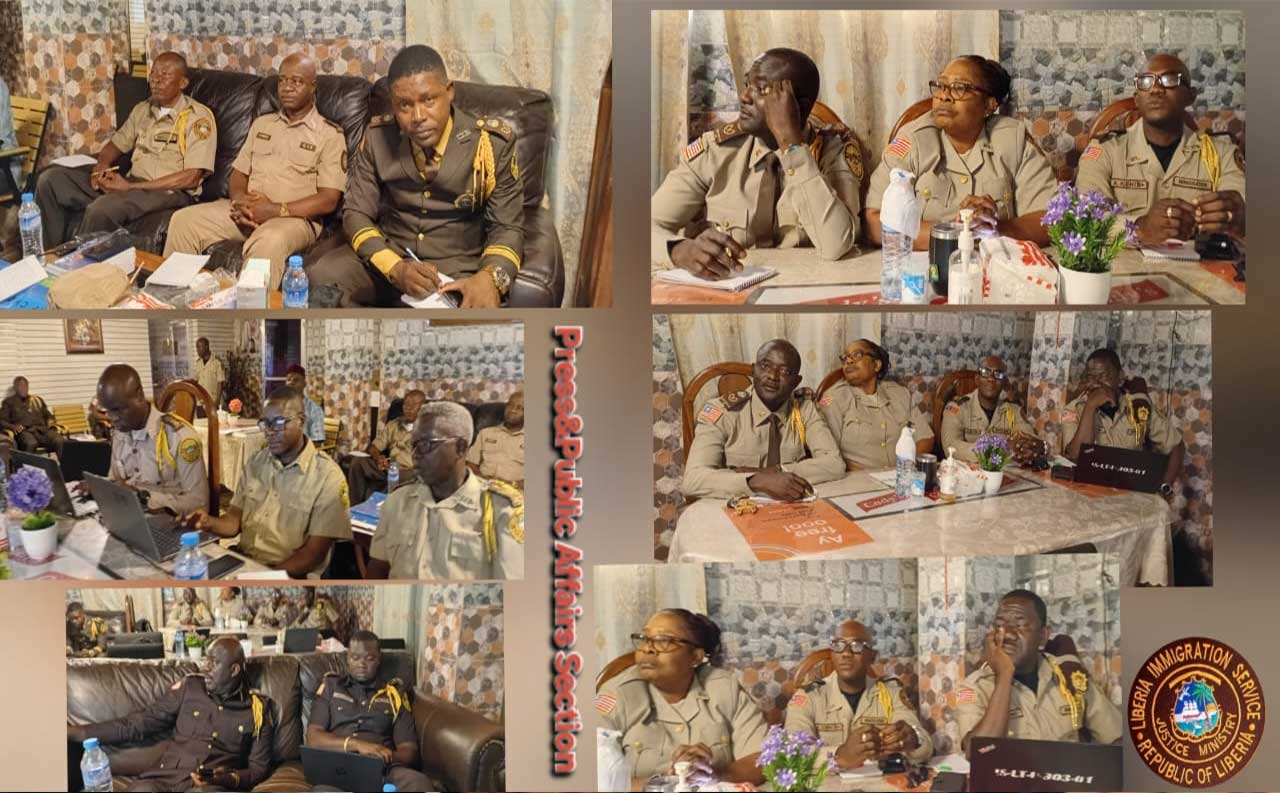In the wake of a damaging audit report of the Central Bank of Liberia (CBL) by the General Auditing Commission (GAC), the National Civil Society Council of Liberia (NCSCL) has taken President Joseph Nyuma Boakai Sr. to task for hastily accepting the resignation of Deputy Governor for Operations at the Bank, Madam Nyemadi Pearson.
NCSCL, which is the umbrella body of all civil society organizations in the country, pointed out in a release that the resignation of the Deputy CBL boss in the wake of the recent audit should have been placed on hold by the Liberian leader until due diligence is done to the report.
The CSO Council in a strong statement criticized the Liberian leader for accepting the resignation of Madam Pearson who served as “HEAD OF OPERATIONS” at the Bank where all of these financial irregularities took place, especially so by immediately appointing her replacement.
NCSCL did not only frown on the President for accepting Madam Pearson’s resignation, but also for the appointment of James B. Wilfred, who is hooked in the same audit report for reportedly defaulting in payment of US$90,000 staff loan he took from the very CBL as stated. The Council noted that the appointment of Mr. Wilfred is a complete setback to President Boakai’s pronouncement of doing away from the “business as usual.”
“Why appoint Wilfred as acting Deputy Governor in the first place? He was unable to pay loan of 90,000 that he took from CBL as staff while employed by CBL. He was later seconded to IMF to represent Liberia instead of demanding him to pay back, and now President Boakai has appointed him to serve as acting governor for operations. Which way is Liberia moving?
The National Civil Society Council of Liberia hereby registers its dissatisfaction with such decision. We think this is a real business as usual instead,” in the release signed by Chairperson Madam Loretta Alethea Pope-Kai.
“The President accepted the resignation, and meanwhile also appointed another who defaulted on 90,000 staff loan he took from the very CBL as stated by the audit report is unfair. This is totally unacceptable.”
The Council added that while it supports the government’s relentless efforts in its corruption fight, these efforts must be exerted in a manner and form that brings credibility to these audit reports rather than trading them for political reason(s), wherein, all is forgotten whenever a person of interest resigns his or her position. It can be recalled that the Governor of the CBL, Mr. Aloysius Tarlue was suspended after an audit found irregular loans to the government and unauthorized spending.
The audit report uncovered that the CBL allegedly violated several financial laws, including the CBL Act of 1999, the Revenue Code of Liberia Act of 2011, and the Public Financial Management Act of 2009.
The GAC audit report also indicates that the CBL exceeded its approved spending limits by approximately US$19.31M between 2018 and 2022. It also uncovered improper over-the-counter transactions, including payments to Vision Pro and the West Point Youth Association, totaling US$16,500, all of which were processed in violation of standard banking regulations.
Furthermore, the audit also uncovered that the CBL made unauthorized payments to the Government of Liberia’s payroll account, amounting to US$50.2M and US$32.85M on November 30, 2023, and December 23, 2023, respectively, adding that these transactions were conducted without legislative ratification or approval from the CBL Board of Governors.
The audit also raises potential money laundering concerns, with the CBL facilitating payments totaling L$1.946 billion and US$178.33 million above approved thresholds to institutions via individual names. Additionally, the audit criticized the CBL for bypassing competitive bidding processes, awarding contracts totaling US$11.08 million without the necessary procurement documentation, in clear violation of the Liberian Constitution, the Public Procurement and Concessions Act, and other relevant laws.



